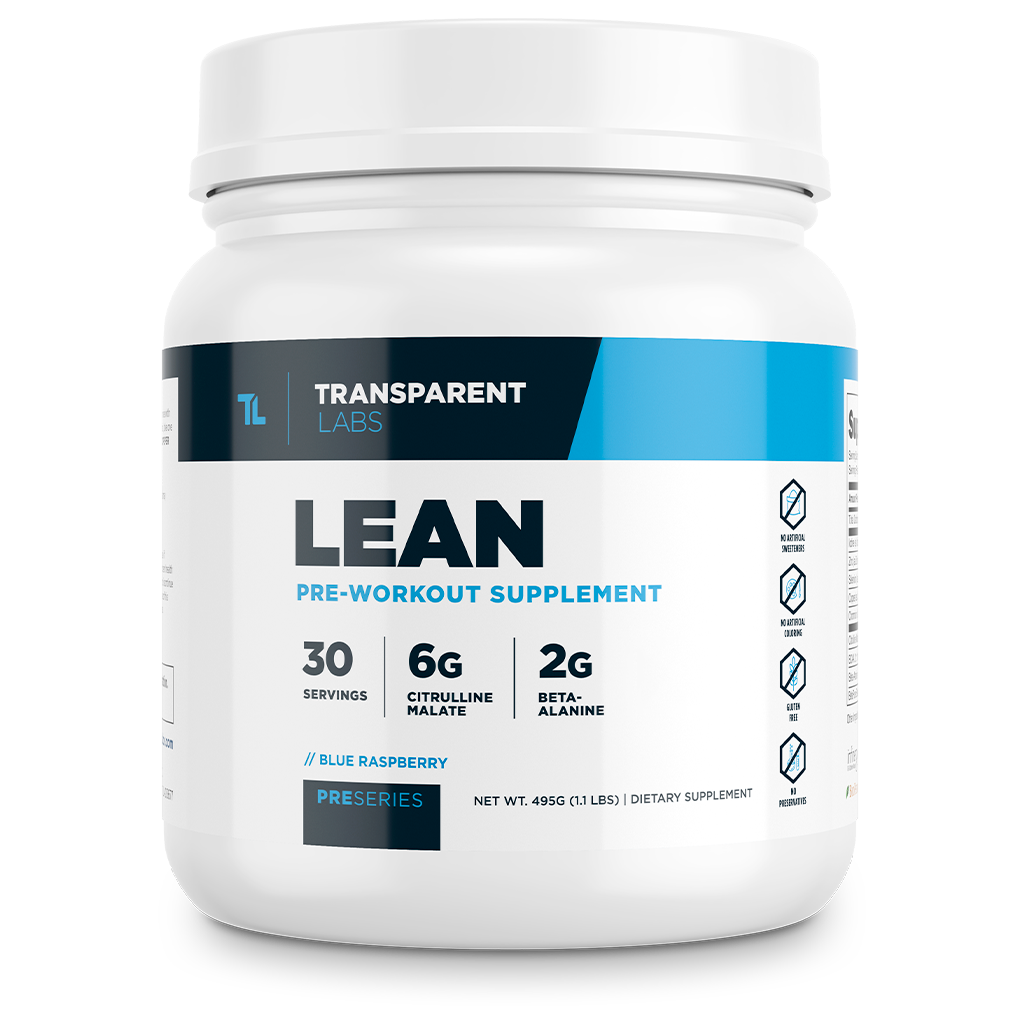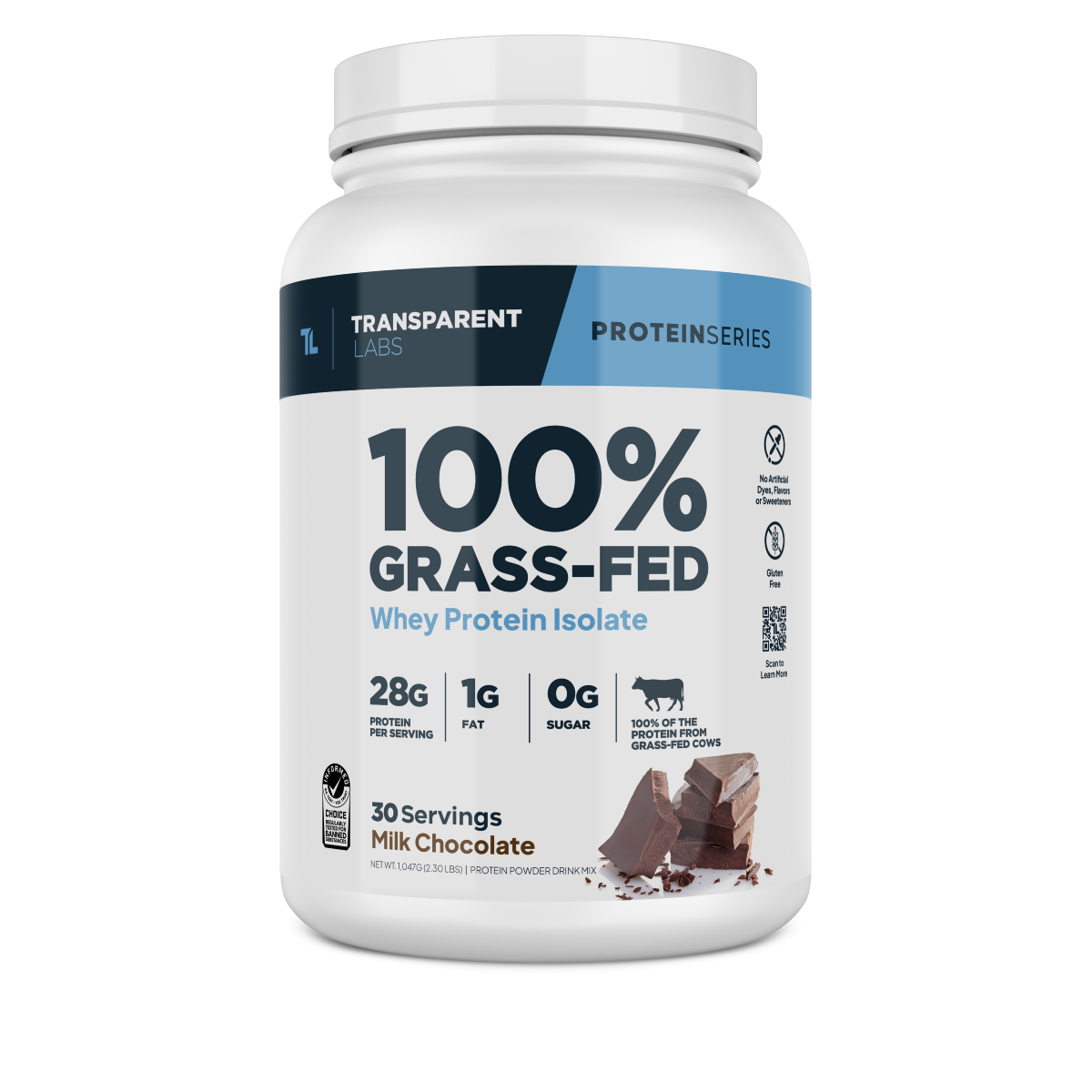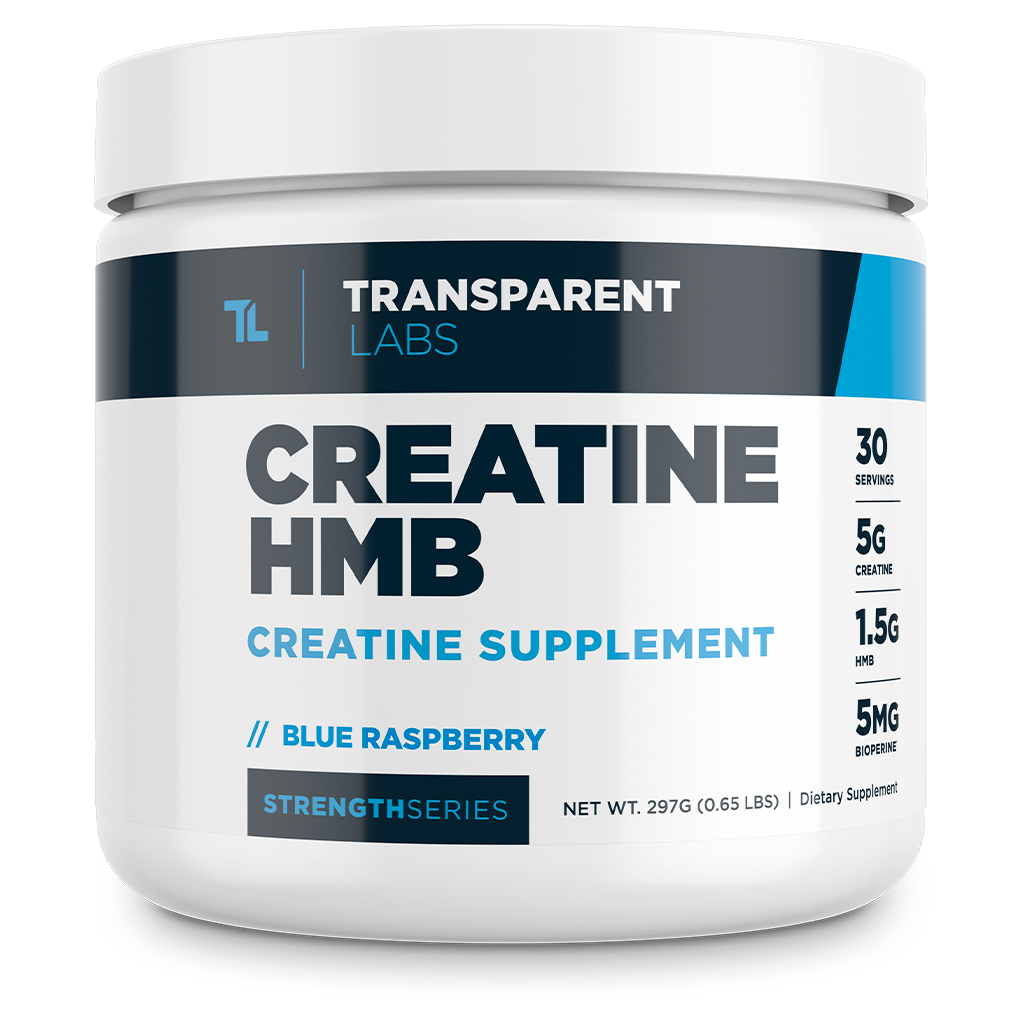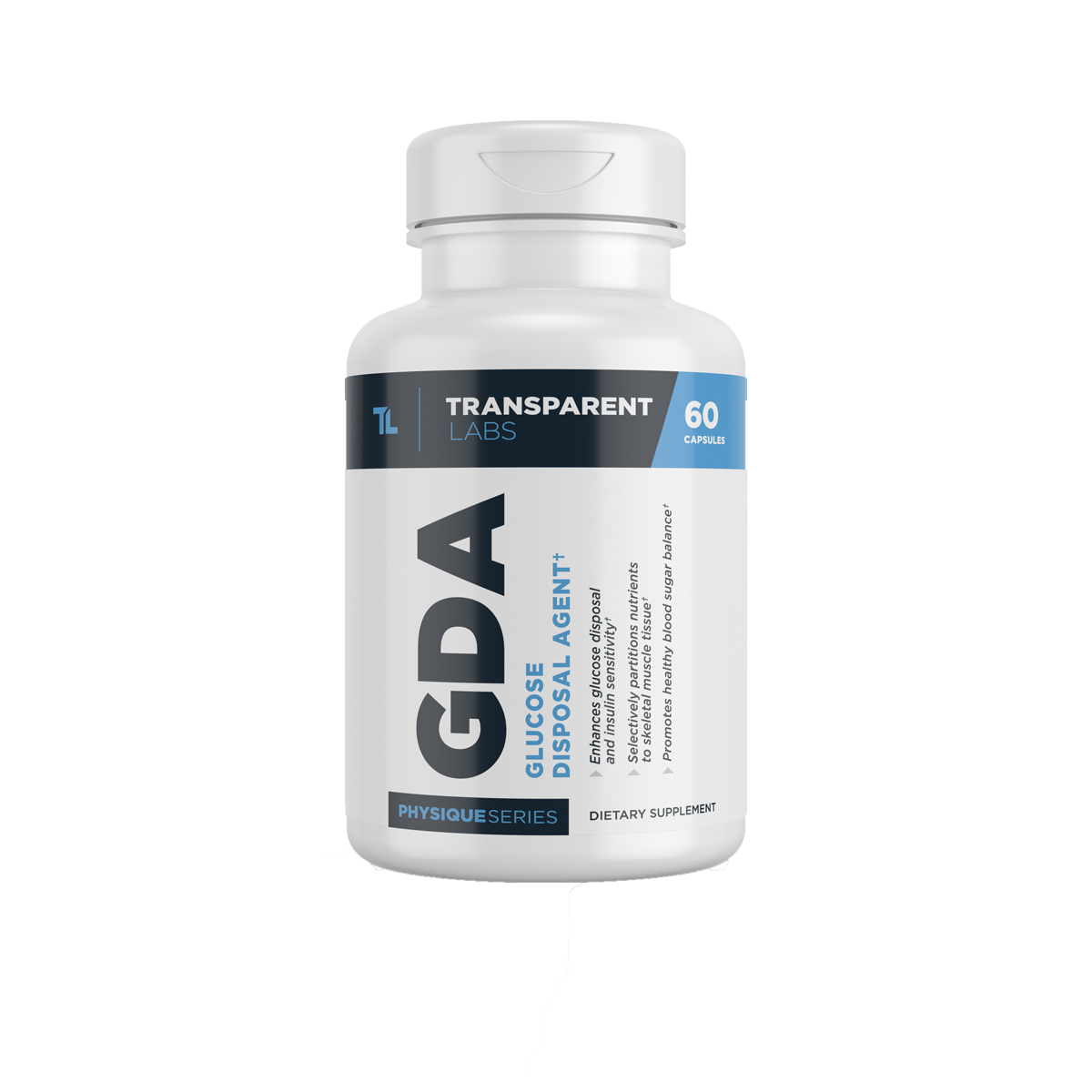Does Creatine Expire? And How to Know If It Has (2024)
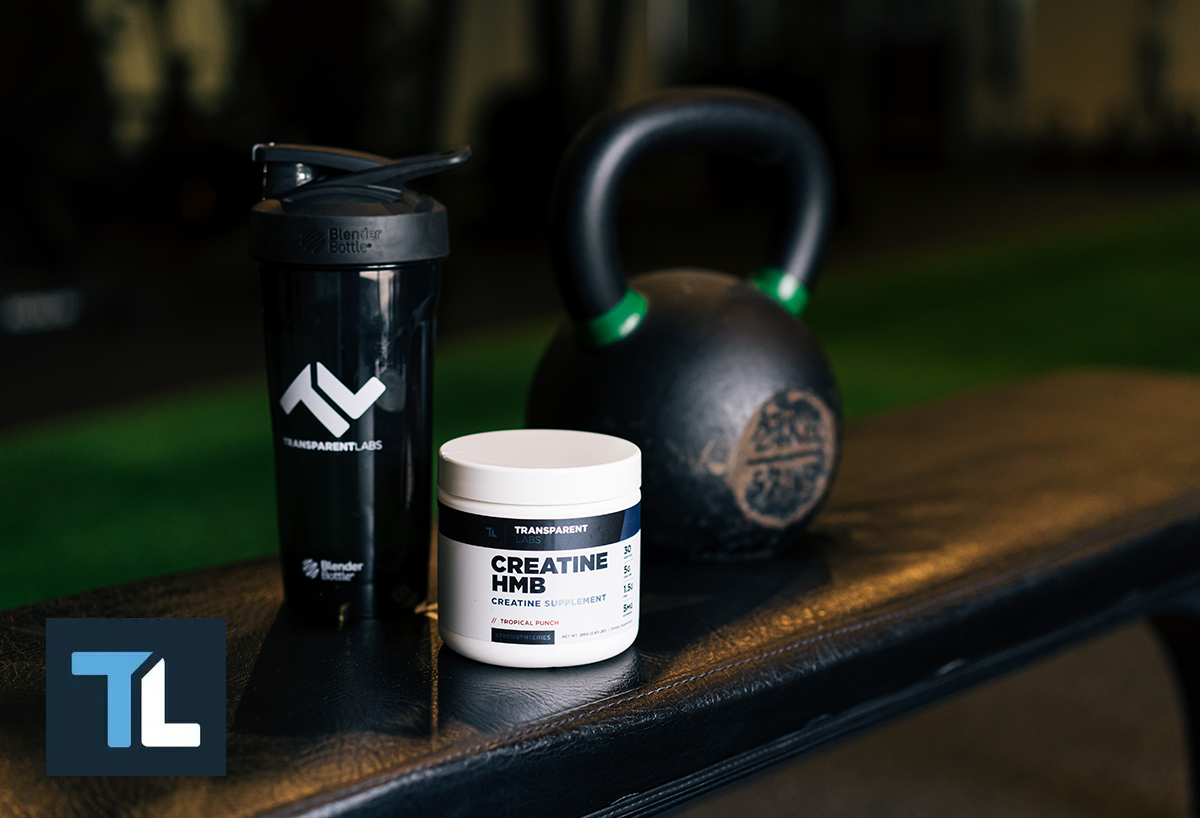
Creatine is one of the most beneficial supplements on the market today.
It's widely known for its ability to boost muscle growth, strength, and power, but increasing research suggests it offers other benefits, such as anti-depressant, neuroprotective, and anti-aging effects.
As such, nearly everyone — athlete or not — should have a tub of creatine in their cupboard.
The longevity of creatine, however, remains a question for many people — does it expire, and if so, how can you tell?
Understanding Creatine Stability
Creatine supplements are usually sold as a powder but you can also find them in pill form — and more recently, gummy form.
Various forms of creatine also exist, including creatine hydrochloride (HCL), creatine ethyl ester, creatine magnesium chelate, buffered creatine, liquid creatine, creatine monohydrate, and creatine salts. Among these, creatine monohydrate is the most effective and well-studied form (1). It is notably more stable than other forms such as creatine salts, which tend to have reduced shelf life and stability.
In fact, creatine monohydrate is so well-studied compared with other forms that when creatine supplementation is discussed in studies, it’s assumed that the form is creatine monohydrate unless otherwise noted (2).
Creatine monohydrate is a creatine bound with one water molecule. Mono- means one, and -hydrate refers to water.
It’s relatively stable — especially when compared with other forms of creatine — showing no signs of degradation to its waste product creatinine — which your body excretes through urine — when stored properly.
However, creatine’s stability can be influenced by heat, acidity, and whether it’s mixed in a liquid solution.
Does Creatine Expire?
The Food and Drug Administration (FDA) — the government organization that oversees dietary supplements — does not require dietary supplement manufacturers to include an expiration date on their products.
However, companies usually have stability data to support an expiration date and usually include one on the label of most creatine supplements.
This expiration or “use by” date is usually stamped on or around the bottom of the product.
While many manufacturers list an expiration date of two years after production, stability data supports a longer shelf life for creatine monohydrate supplements, emphasizing their efficiency and safety for consumption even beyond the labeled expiration date. For instance, a creatine monohydrate supplement like Creapure has shown remarkable stability, with no signs of degradation for more than three years, even when stored above 100ºF (40ºC) (3). This indicates not only the product's stability over time but also provides a physical indicator of its lack of spoilage, as creatinine, a degradation product, was only detected in trace amounts after more than three-and-a-half years (3).
However, creatine is not as stable in a liquid solution since it tends to degrade to creatinine quickly, especially in an acidic beverage and at high temperatures.
For this reason, it’s recommended to consume creatine shortly after it’s mixed.

Identifying Expired Creatine Monohydrate Powder
If you have creatine at home, look at or around the bottom of the tub for its expiration or use-by date, which is commonly listed as month/year.
Even if it's far beyond its expiration date, it probably hasn't lost any effectiveness as it typically maintains potency beyond the two-year shelf life commonly listed by manufacturers.
Still, creatine can degrade to creatinine if it's stored improperly for too long.
Unfortunately, the signs of degradation aren't always noticeable since you probably won't be able to tell based on smell or taste.
However, clumpy creatine could suggest that some creatine has degraded as clumping indicates it has been exposed to moisture due to improper storage (I am guilty of this).
Of course, an excessive amount of moisture may change the smell or appearance, but otherwise, appearance is probably the most reliable indicator of degradation.
Proper Storage to Extend Shelf Life of Creatine
You can ensure your creatine retains its potency through to the last scoop by storing it properly, especially when it comes to creatine powder. Proper storage of creatine monohydrate powder is crucial to prevent clumping and maintain its potency over time.
Always store creatine in a dry environment and cool to room temperature out of direct sunlight.
Avoid storing it in your car — at least for long periods — and if you keep it in your gym bag, make sure to keep it dry and unzipped when not in the gym to allow adequate airflow.
After each use, make sure to secure the lid correctly and tightly to limit its exposure to moisture and other contaminants in the air.
Because creatine tends to degrade quickly in solution, avoid mixing it with a beverage or water until you’re ready to drink it. However, you can premix it without having to worry about it losing potency if you’re able to keep it refrigerated in the meantime.
If you tend to stock up on creatine like me, avoid opening the other containers until the current one is empty while also ensuring the same storage techniques.
Safety and Efficacy of Using Expired Creatine
If you have expired creatine, it's likely still safe to consume it well past this date if it has been stored properly, such as in a dark cupboard at room temperature.
This is because expiration or use-by dates — except for infant formula — are indicators of quality, not safety.
It's also likely that the creatine will retain most of its potency past the stamped expiration date if it has been stored properly.
However, if you observe clumping, although not necessarily problematic for health, it could indicate some creatine has degraded into its waste product, creatinine, resulting in less usability for your body.
In any case, if you have concerns about consuming expired creatine or creatine that may have been stored improperly, you can always toss it and pick up another tub since it's relatively inexpensive.

FAQs About Creatine Expiration
Can Creatine Lose Potency Over Time?
Creatine monohydrate can retain its potency for several years, including after its stamped expiration or use-by date. However, creatine that is stored improperly can attract moisture, potentially degrading it to its waste product, creatinine.
Is It Safe to Use Creatine Past Its Expiration Date?
If there are no signs of spoilage, such as an odor or off-color, creatine is likely safe to use well past its expiration date. This is largely because expiration and use-by dates are markers of quality, not safety.
Is Creatine Still Good If It Hardens?
Creatine tends to clump or harden if it's exposed to moisture. It's still likely safe to consume when this happens but it may have lost potency.
How Long Can You Keep Creatine?
If stored properly, research suggests creatine maintains its potency and safety for at least three years, and possibly longer.
Conclusion
Creatine is a versatile supplement, offering benefits beyond just gains in muscle mass and strength.
Of the various types, creatine monohydrate is the most effective form and has a long shelf life.
Most supplement manufacturers voluntarily stamp an expiration or use-by date on or around the bottom of creatine products.
This date is usually two years from the time of production, but creatine monohydrate likely retains its potency and safety well beyond this suggested shelf life.
Proper storage in a dry, cool environment is key to preserving its effectiveness.
While clumping may suggest degradation, expired creatine, if stored correctly, is likely safe to consume, though its potency may diminish over time.

